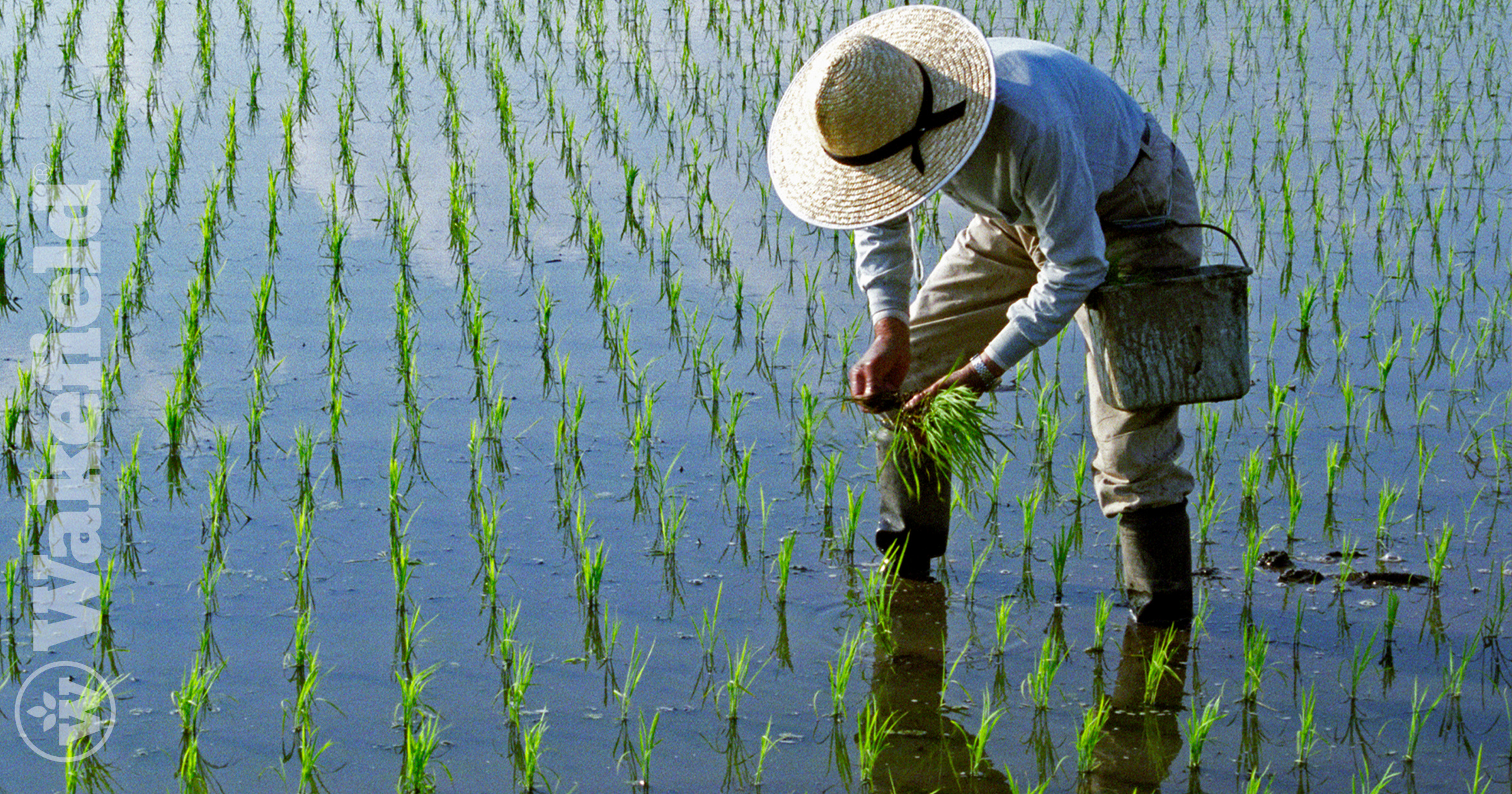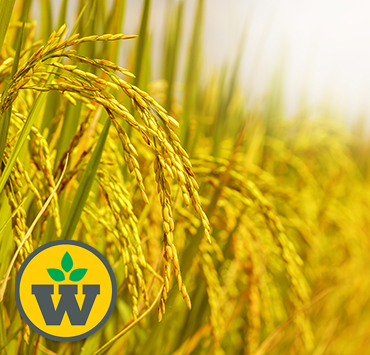Using less chemical fertilizer with biochar improves soil and boosts yields
 [wf-scholarly-article title="Biochar application with reduced chemical fertilizers improves soil pore structure and rice productivity" authors="An, N., Zhang, L., Liu, Y., Shen, S., Li, N., Wu, Z., Yang, J., Han, W., and Han, X." publication="Chemosphere, 298" pages="134304" year="2022" doi="https://doi.org/10.1016/j.chemosphere.2022.134304" url="https://www.sciencedirect.com/science/article/abs/pii/S0045653522007974?via%3Dihub"]
[wf-scholarly-article title="Biochar application with reduced chemical fertilizers improves soil pore structure and rice productivity" authors="An, N., Zhang, L., Liu, Y., Shen, S., Li, N., Wu, Z., Yang, J., Han, W., and Han, X." publication="Chemosphere, 298" pages="134304" year="2022" doi="https://doi.org/10.1016/j.chemosphere.2022.134304" url="https://www.sciencedirect.com/science/article/abs/pii/S0045653522007974?via%3Dihub"]
Overview
In the study, researchers explored using biochar as a replacement for some chemical fertilizers in rice farming. They discovered that using a moderate amount of biochar, as seen in the B1.5 treatment, improved soil quality and boosted rice yield. However, when too much biochar was used, as in the B3.0 treatment, the results were not as effective. Finding the right balance of biochar could enhance rice cultivation while reducing reliance on chemical fertilizers.
Biochar around the world
In northeast China, where rice cultivation is prevalent, researchers are studying biochar's role as a substitute for chemical fertilizers. By conducting long-term field experiments, they aim to determine the optimal biochar application rates that maintain soil health and enhance rice yields. This research seeks to promote sustainable agriculture practices tailored to regional needs.
Chemical fertilizers have caused soil degradation and environmental pollution, prompting the search for alternative solutions. Biochar, a material made from biomass, shows promise in reducing fertilizer use while enhancing soil quality and crop productivity. However, understanding the optimal application rates and long-term effects of biochar is essential for sustainable agriculture practices.
Soil structure of the field site
The Houshan Experimental Station of Shenyang Agriculture University in Shenyang, China, enjoys a temperate climate with an average annual temperature of 7.5°C and yearly precipitation of 736.0 mm. The soil, classified as Alfisol, features a balanced composition of sand, silt, and clay, conducive to rice cultivation. With a pH of 6.05 and essential nutrient levels suitable for plant growth, the site provides an ideal environment for studying sustainable agricultural practices.
Biochar has the potential to boost soil fertility and hold onto nutrients. But how it interacts with soil nutrients depends on how much and what type of biochar is used. When a small amount of biochar is added with less fertilizer, it keeps soil nutrients similar to those without biochar. Yet, using more biochar might mean not enough nitrogen for plants and changes in potassium levels. This shows why it's important to think carefully about how much biochar to use to manage soil nutrients for sustainable crops.

Concluding biochar results
In this six-year study, researchers discovered that using rice straw biochar had positive impacts on agriculture. Biochar improved soil structure, boosted rice yields, and decreased the necessity for nitrogen, phosphorus, and potassium fertilizers. These benefits were most evident when applying 1.5 tons of biochar per hectare per year, resulting in higher crop yields and healthier soil. This suggests that biochar could be a valuable tool for sustainable farming practices.






